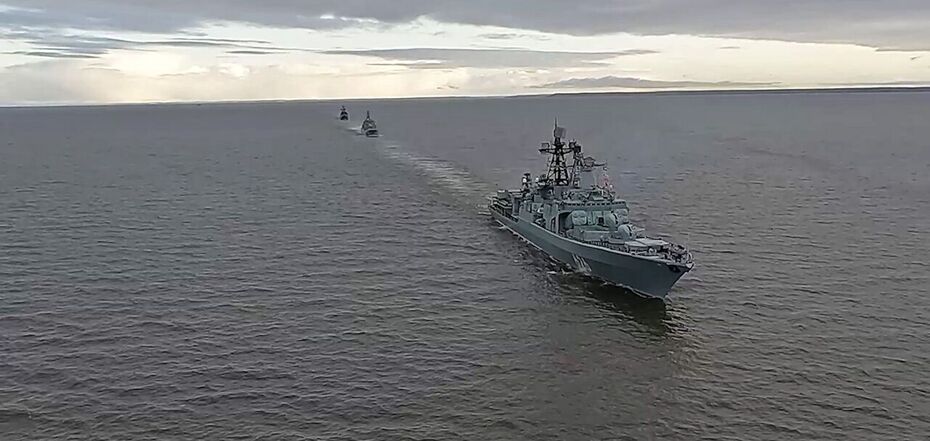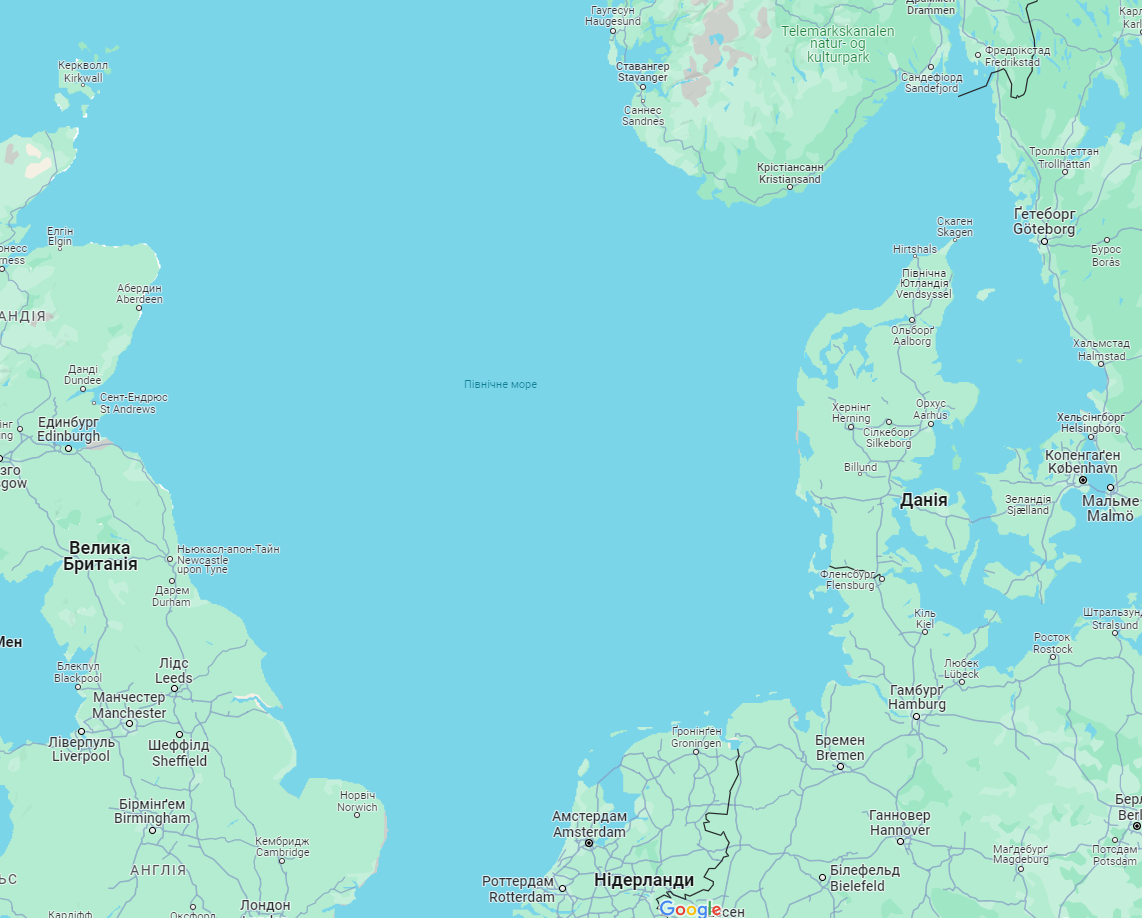World
Russia may have mined critical EU underwater infrastructure in North Sea as part of its spy war with the West - The Times
The terrorist country Russia could have mined critical underwater infrastructure in the North Sea. NATO noted that any Russian vessel is suspicious because they all work for the state.
The North Atlantic Alliance justifies its concern with information received from companies that operate key oil and gas rigs, pipelines, electricity and telecommunications cables. This is stated in the article by The Times.
According to preliminary data, the Russians use ships for their criminal intentions as satellite images do not allow monitoring the seabed. The West warns that the key targets of the Kremlin regime may be electricity and telephone cables, as well as oil and gas pipelines.
Thomas De Spiegeleire, a representative of the Belgian maritime security unit, said that espionage is more difficult to detect today as before that, research vessels or warships were used for this purpose, but now even civilian vessels can be engaged in reconnaissance.
At the same time, the Belgian security services noted that no evidence of cables being mined in the territorial waters of Belgium or the Netherlands in the North Sea was found. However, at the beginning of the full-scale invasion of Ukraine, explosives were found on one of the British cables.
At the same time, the Russian Federation was engaged in similar activities even before the outbreak of a full-scale war. In particular, over the past ten years, more than 160 non-military Russian vessels have committed 945 suspicious acts. At least 749 of the 945 suspicious maneuvers took place within a one-kilometer radius of pipelines in the North Sea. Another 72 suspicious actions occurred near electricity cables, and the remaining 124 were in areas where telecommunications cables are laid.
"Russian ships are already suspicious even if they are following a completely normal mode of navigation. This is because every Russian ship, even if it works for a private company, still works for the state. Anomalies in navigation are not necessarily suspicious. But it is suspicious if it happens over pipelines and cables," De Spiegeleire explained.
To recap, Germany, Sweden and Denmark launched an investigation into the incident, which was soon recognized as sabotage. Germany believes that the Nord Stream and Nord Stream 2 gas pipelines were remotely blown up by a device launched from a ship. The main suspect is Russia. Russia itself, as expected, accused the West and Ukraine.
Earlier, the head of the Munich Security Conference, Christoph Heusgen, who for many years was a foreign policy adviser to former German Chancellor Angela Merkel, said that the biggest mistake of her last government was the Nord Stream 2 gas pipeline.
As reported, the NATO military alliance is working on the implementation of technology to detect suspicious activity around underwater critical infrastructure in real time. We are talking about underwater drones and artificial intelligence, which the Alliance is currently testing in special exercises.
Only verified information is available on our Obozrevatel Telegram channel and Viber. Do not fall for fakes!




























